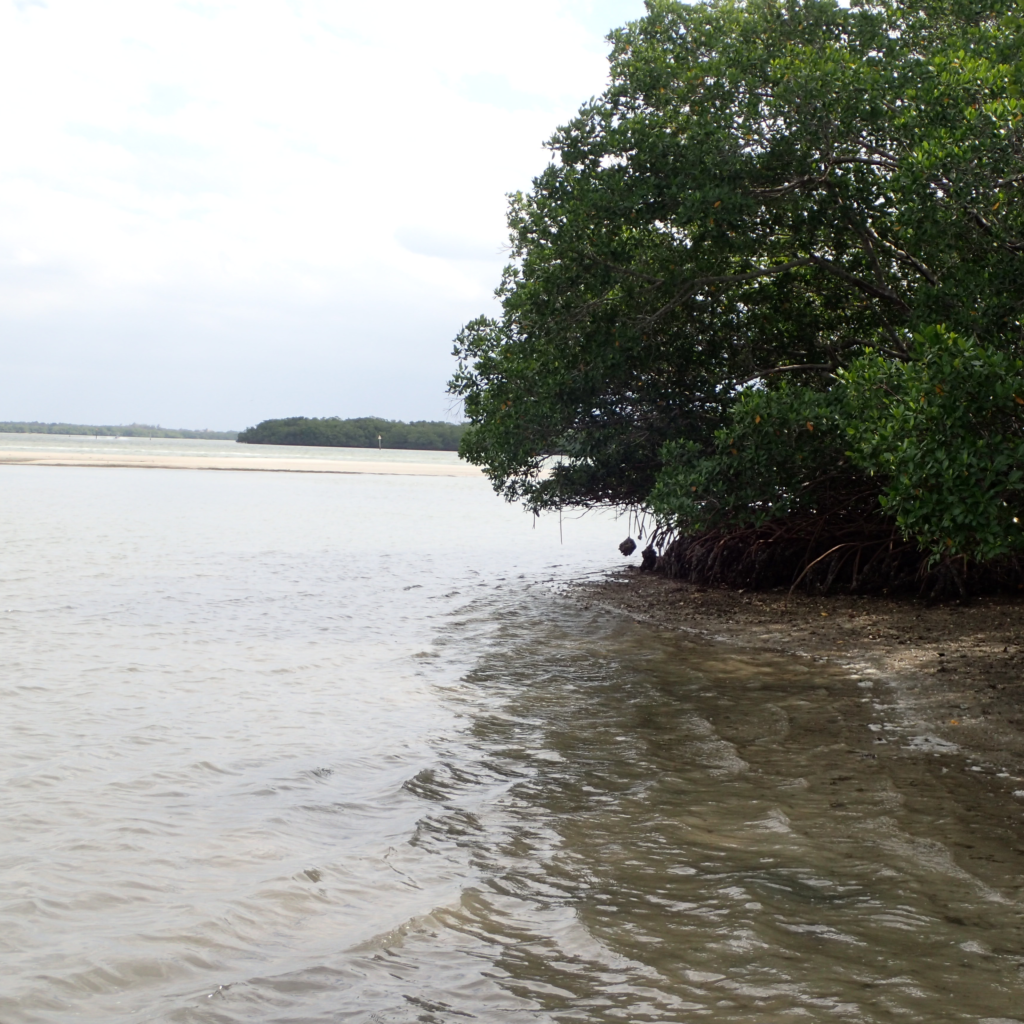Ozone Risk to Carbon Sequestration by Wetlands

There are increasing efforts to improve estimates of carbon sequestration by vegetation as this is a method of capturing and storing atmospheric carbon dioxide o reduce climate change. However, the ability to sequester carbon is affected by air quality. Tropospheric ozone is a major air pollutant that has been shown to have negative impacts on a range of vegetation types, with effects including yield reduction in crops, alterations to biodiversity, and reduced carbon sequestration by trees. It is estimated that between 1-7% of the land surface of the earth is wetland. Although wetlands emit methane, a climate forcer, they also have a large capacity to sequester additional carbon. Based on our knowledge of impacts on trees, where it is estimated that current ozone concentrations reduce biomass accumulation by 7%, it appears likely that current estimates of potential carbon sequestration by wetlands are underestimated compared to what could be achieved in clean air conditions. The locations of wetlands currently most affected by ozone and, therefore, where interventions to improve air quality may have the largest impact are currently unknown.
This PhD aims to complete some of this important knowledge gap by using state-of-the-art equipment and facilities to make measurements of ozone impacts on carbon sequestration of wetlands, complemented by innovative GIS mapping. Key questions addressed by this PhD include ‘do current ozone conditions reduce the ability of wetlands to sequester carbon?’, ‘which characteristics of wetlands are associated with ozone sensitivity?’ and ‘are ozone sensitive wetlands co-located with hotspots of ozone pollution?’.
You will be based at UKCEH Bangor in the Environment Centre Wales and use world-leading pollution control facilities (https://www.ceh.ac.uk/our-science/research-facilities/solardomes-and-ozone-field-release-system) and join a thriving research community with a placement at Florida Gulf Coast University. Training will be provided for the specific techniques required , together with a comprehensive PhD researcher programme.
Eligibility.
Candidates shall be good honours graduates in appropriate subject areas, of a recognised university or comparable university, or persons holding equivalent qualifications who show evidence of exceptional ability, or who have demonstrated their ability in graduate studies.
Email address for enquiries.
For informal enquiries or further information please contact Felicity Hayes (fhay@ceh.ac.uk)
